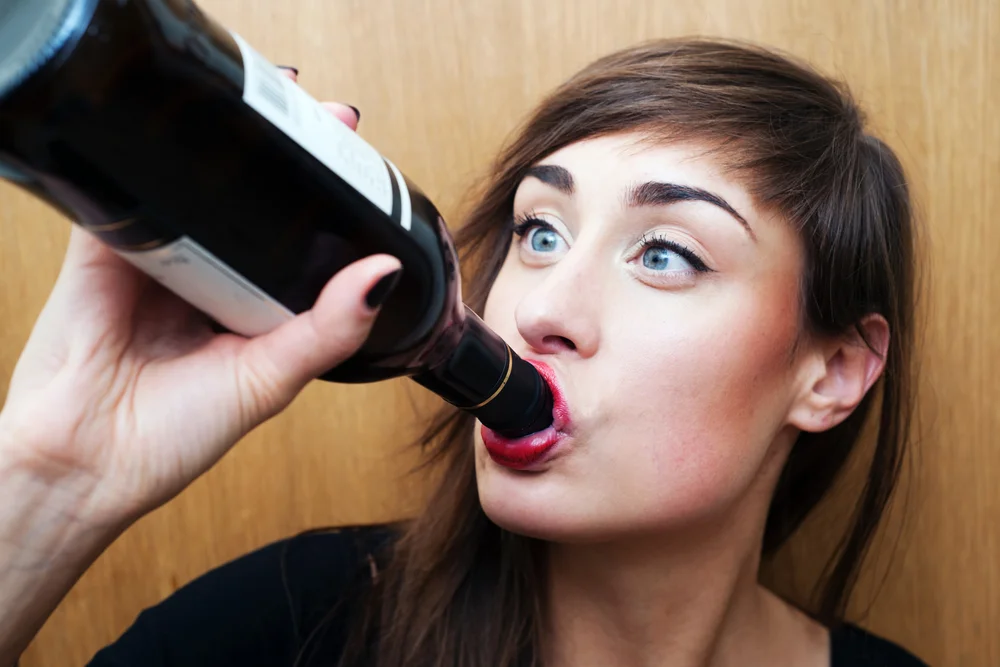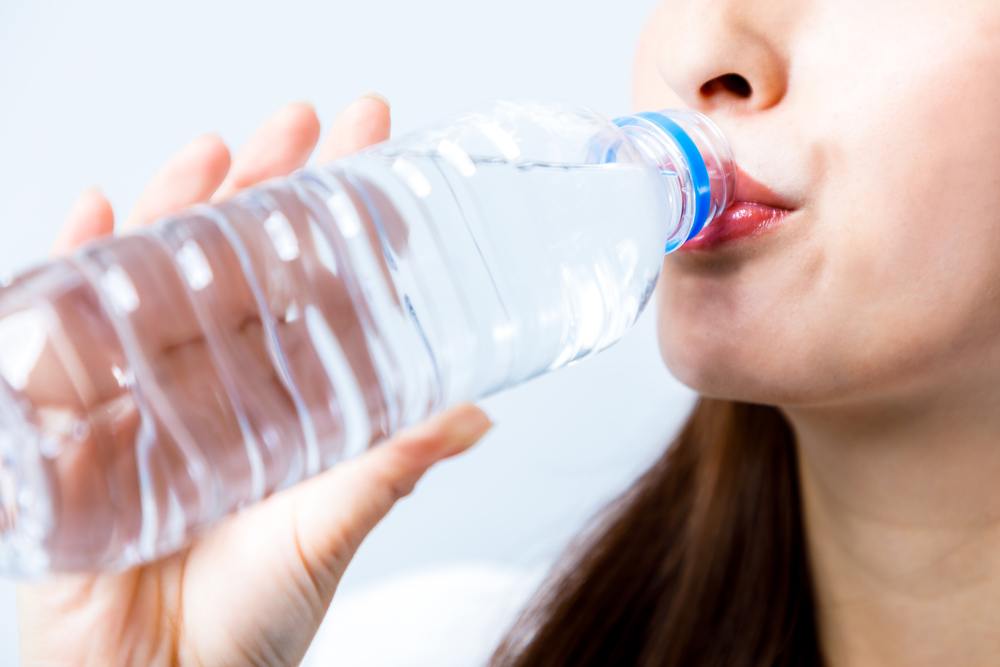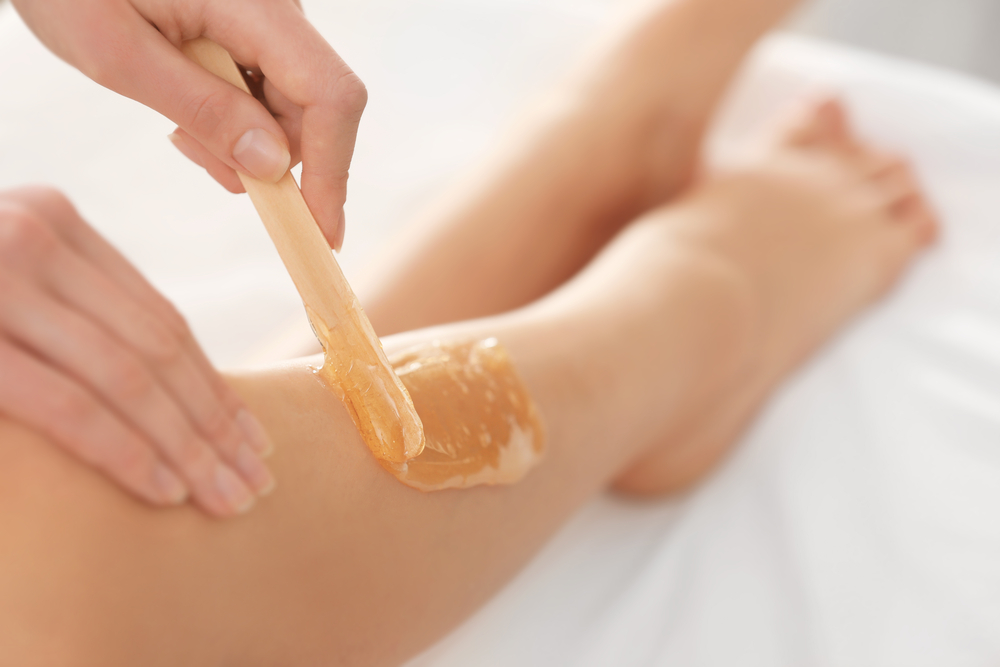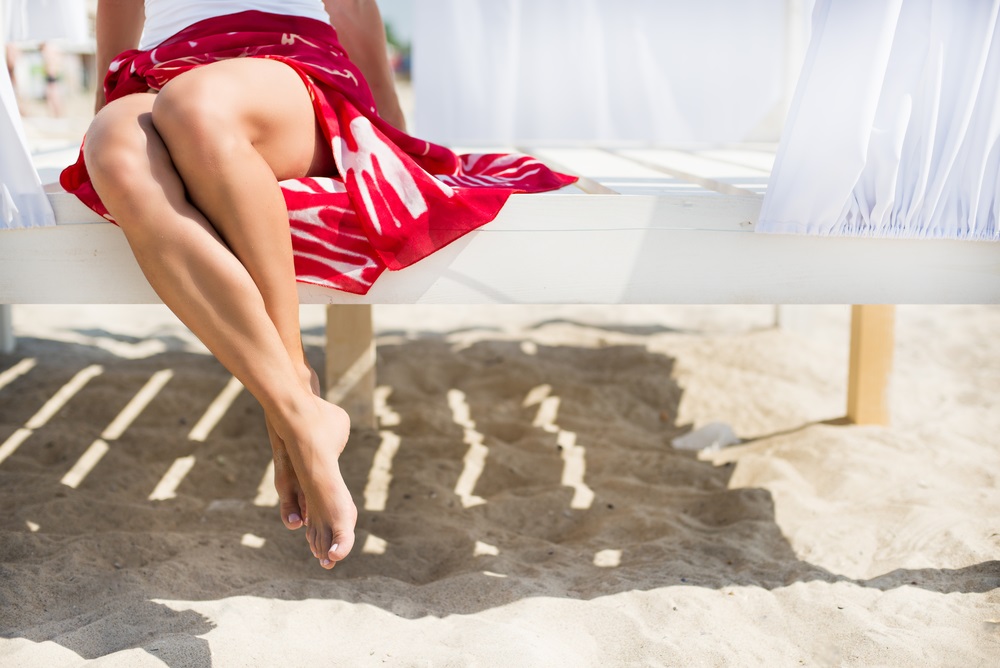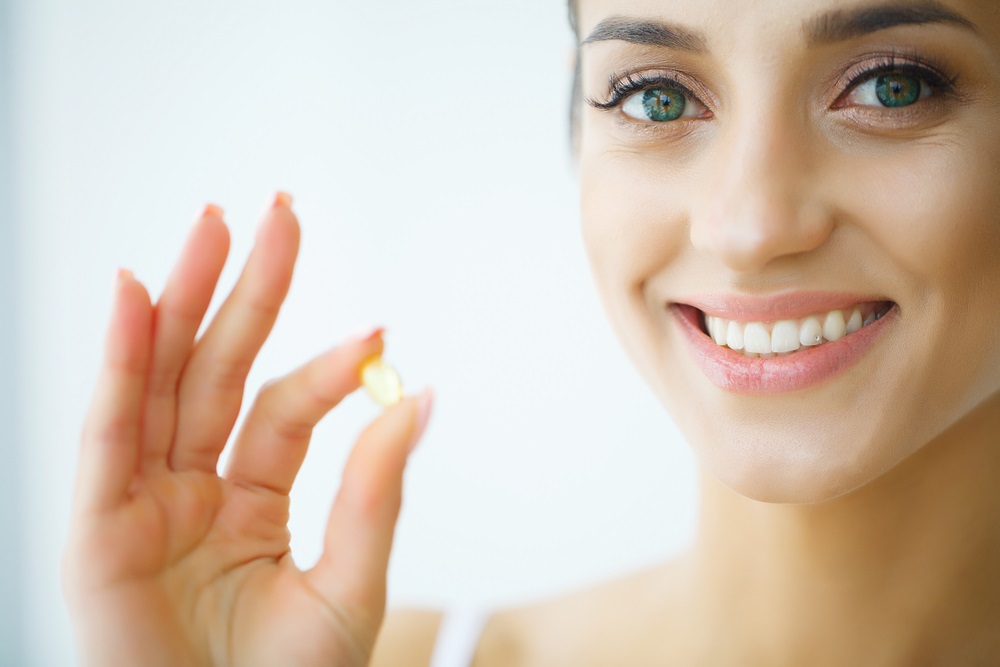- Alcohol is associated with a number of health problems, including a variety of skin issues.
- Consuming alcohol increases urination frequency and affects the body’s ability to absorb water, causing an excessive loss of fluids.
- There are many different ways to reduce or reverse alcohol-related skin damage, including lifestyle changes, healthcare products and surgical options.
It’s no secret that the excessive consumption of alcohol can have a negative effect on your health. Despite widespread awareness of the risks involved, millions continue to overindulge. In the Unite States alone, more than 1 in 4 (26.9%) people over the age of 18 have engaged in binge drinking in the past month, according to the National Institute on Alcohol Abuse and Alcoholism.
While most people know that drinking alcohol can affect many parts of the body, including the liver, heart and brain, relatively few people are aware that it can also have a detrimental effect on the body’s largest organ: the skin. Read on to find out what alcohol does to your skin and the best treatment options to keep it looking young and beautiful for years to come.
How Skin Reacts to Alcohol
Excess alcohol consumption affects the body’s ability to absorb water due to reduced production of the antidiuretic hormone (ADH), which is responsible for regulating the amount of water in the blood.
Less of this vital hormone in the body causes more frequent urination, resulting in more fluid loss than usual. Essentially, this means that you are more prone to getting dehydrated, which can damage your skin in a few different ways.
- Bloated face
If you have ever woken up after a long night of drinking and taken a look in the mirror, there is a very good chance you noticed that your face looked bloated. This is a very common phenomenon and, while there are a few factors at play, it’s usually the result of dehydration.
“Alcohol causes a bloated face because it is a diuretic, causing increased urination,” confirms Dr. Anna Karp, dermatologist at the Skin Institute of New York. “This in turn leads to your body trying to hold onto the water that is left. A bloated face is a physical manifestation of this water retention.”
Regular excessive drinking may result in ongoing facial bloating as the body struggles to stay adequately hydrated. As noted in a study published in The American Journal of Gastroenterology, the active ingredients in alcohol can irritate the gastrointestinal tract, which can also result in bloating.
The good news is that facial bloating usually goes away on its own if you abstain from alcohol for a few days.
- Dehydrated skin
As mentioned earlier, alcohol has potent dehydrating properties that make it difficult for the body to retain the water it needs to function properly. Dehydration can manifest itself in many ways, including headaches, sleepiness, increased thirst and dry skin. Alcohol may also deprive your body of Vitamin A, a powerful antioxidant that plays a key role in the generation of healthy skin cells.
Dehydration due to alcohol may cause your skin to feel more sensitive than usual and reduces its ability to plump back up when pinched. Visually, dehydrated skin is significantly more likely to wrinkle and may look dull or flaky, particularly around your joints.
- Red face
Another very common side effect of alcohol consumption is facial redness. Many people will take on a rosy hue after only a drink or two. This phenomenon is caused by the main breakdown product of alcohol, acetaldehyde, which triggers the release of histamine and causes flushing. For occasional drinkers, the redness tends to fade after a few days but heavy drinkers may find their face takes on a permanent red tinge, which is often particularly pronounced around the cheeks and chest.
So, what causes permanent facial redness? Long-term alcohol consumption can affect how the brain and heart control the flow of blood throughout the body. Over time, this can result in dilated blood vessels and broken capillaries, and may create permanent red spots on your skin.
- Aggravate existing skin conditions
Another common way that alcohol can affect the skin is by triggering or exacerbating existing skin conditions. People living with rosacea and psoriasis, for example, may notice their conditions become dramatically more noticeable after drinking.
It is important to note here that this effect is not limited to binge drinking. For many, even just a single drink is enough to trigger a flare-up. In addition, some psoriasis treatments do not mix well with alcohol and can result in some unexpected outcomes. To be safe, consult with your doctor if you are in any doubt.
How to Reduce or Repair Skin Damage
Although the effects of alcohol on your skin can be quite severe, in many cases, the damage can be reversed or significantly reduced. Through a combination of simple lifestyle changes, increasing water intake and using proven healthcare products, it is possible to improve the health and beauty of your skin.
- Drink more water
Dehydration is at the root of many alcohol-related skin problems, so it goes without saying that increasing your fluid intake is an effective way to keep your skin healthy. “The best way to reverse the skin damage caused by alcohol is to increase your hydration. Drinks with electrolytes are better than water for this,” surmises Dr. Karp.
Drinking more water offers many health benefits. In terms of skincare, it increases moisture in your skin and helps the body deliver nutrients to skin cells, which is vital for regenerating skin tissue and maintaining skin elasticity. Staying adequately hydrated also allows your digestive system to filter out toxins more easily, which can revive that beautiful natural glow in your skin.
Exactly how much water you should consume varies from person to person but general guidelines set out by the Food and Nutrition Board recommend that women consume about 91 ounces per day while men should drink around 125 ounces per day.
- Reduce alcohol intake
Drinking more water might be good for you but consuming alcohol makes it much more difficult for your body to actually retain that water. With this in mind, another effective method of undoing the damage caused by alcohol is to cut back on your intake.
Given the addictive nature of alcohol, this is not always an easy undertaking so be sure to talk to a medical professional or get in touch with a local support group for advice on how to effectively reduce or eliminate your consumption. Giving up alcohol can be difficult but many people experience dramatic physiological improvements to their skin, face and body in the weeks and months that follow.
- Healthcare products
Your local pharmacy or healthcare shop will often carry an overwhelming number of skin products that claim to give you perfect skin. The effectiveness of these products varies but generally speaking, a simple cleansing, toning and moisturizing routine is a great starting point to repair alcohol-damaged skin. Stick with reputable brands or products that have been recommended to you by a doctor or skincare specialist.
Going beyond these simple products, there are also a variety of skincare solutions specifically designed to fight premature signs of aging and rejuvenate the skin. “I recommend applying an antioxidant serum (e.g. Skinbetter’s Alto antioxidant serum) to help with the redness that is caused by alcohol vasodilating the blood vessels on your face,” advises our skincare specialist, Dr. Karp. “Antioxidant serums also help rejuvenate the skin,” she adds.
- Surgery and prescription meds
Depending on the severity of the damage, the aforementioned treatment methods may not be able to fully reverse the effects of alcohol on your skin. Thankfully, there are a number of surgical and pharmocological options that might be of help.
ProFractional Laser treatment, for example, is a fairly straightforward procedure that has been proven to improve skin tone and reduce discoloration. As a bonus, it does not entail a lengthy recovery period. In addition, prescription medication such as Retin-A can help reduce wrinkles and smooth out the complexion of your skin while rosacea treatment can be used to effectively reduce redness.
Maintaining healthy skin is crucial, and that includes addressing the impact of alcohol consumption. One way to assess your alcohol levels is through drug testing, such as an EtG hair follicle drug test or an EtG urine drug test.
These tests can provide insights into the presence of alcohol metabolites in your system, allowing you to make informed decisions about your health and skincare.
Alcohol and Skin Health: Seeking Professional Advice
Alcohol can be detrimental to the body in many different ways. When it comes to skin, the damage is generally caused by its dehydrating properties, which can result in bloating, facial redness, premature signs of aging and exacerbation of existing skin conditions.
Thankfully, there are a variety of healthcare products, surgical treatments and lifestyle changes you can use to reduce or reverse these effects.
» Find out which surgical and non-invasive skincare options are best suited to your needs: Meet our medical review team to get appropriate recommendations.





